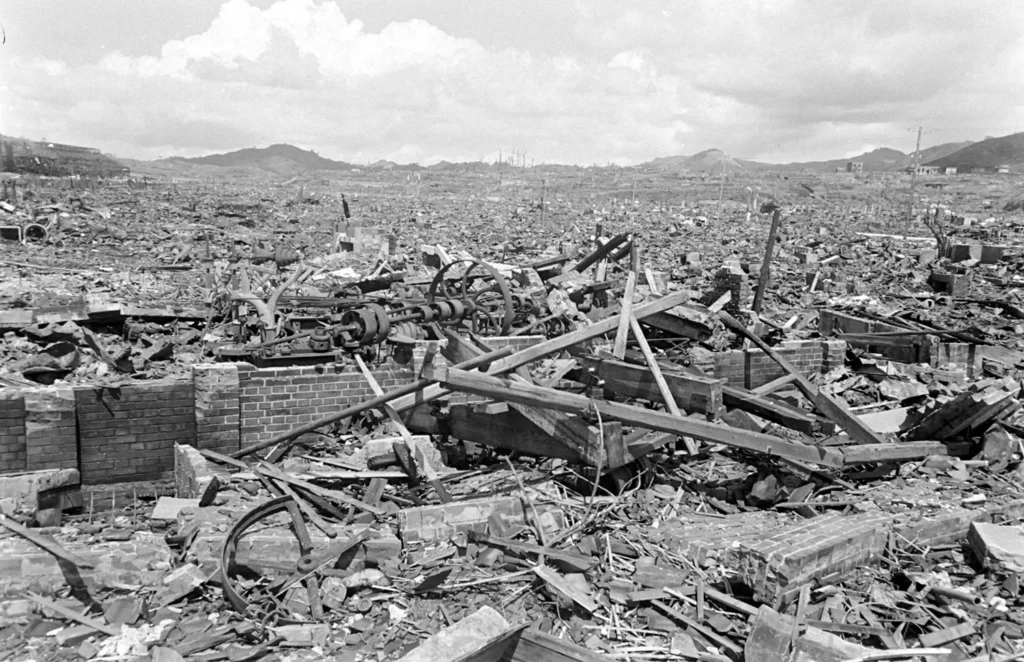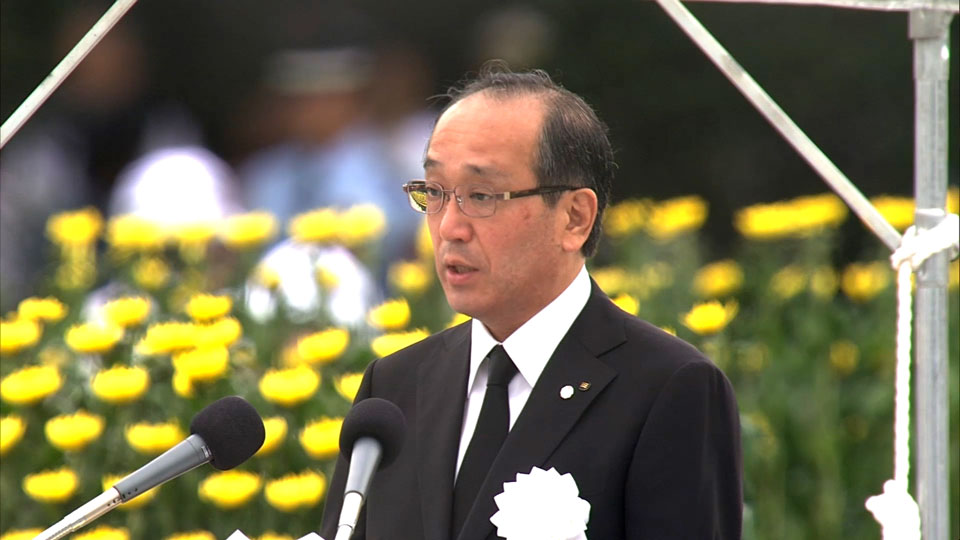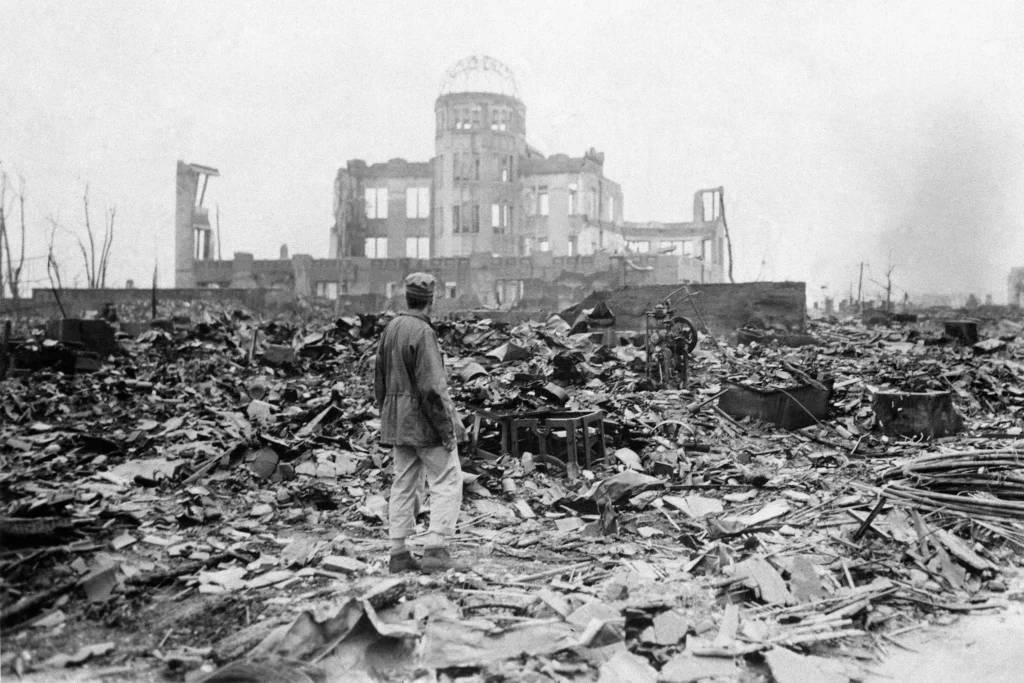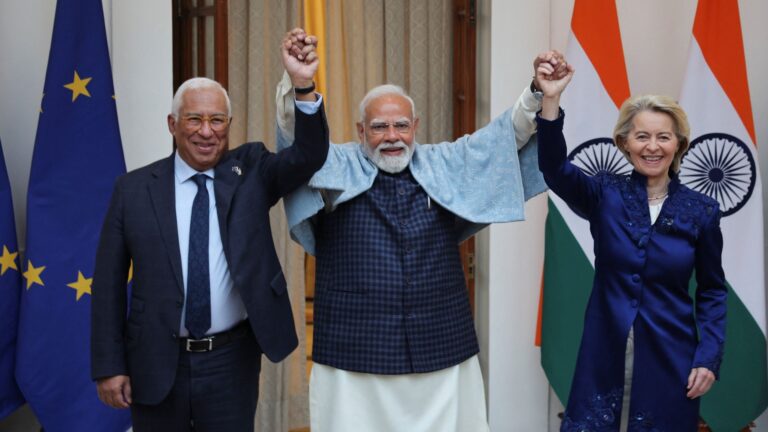
Earlier this week, Hiroshima stood to mark the 80th anniversary of the atomic bombing, a day that remains etched in the world’s conscience. On August 6, 1945, at precisely 8:15 a.m., the American B-29 bomber Enola Gay dropped “Little Boy”. It was the first nuclear weapon used in warfare, over the Japanese city. In an instant, Hiroshima was reduced to rubble.
Eighty years later, the survivors (hibakusha), many now in their 90s, gathered with world leaders, diplomats, students, and citizens to honor the dead and reaffirm a message that has echoed for decades: “No more Hiroshima.”
Hiroshima Mayor’s Words Still Resonate
While memorial speeches often look back, Hiroshima’s mayor chose to look forward, and his message was a stark warning. He pointed directly to ongoing wars in Ukraine and the Middle East. These are conflicts which have revived nuclear threats in political rhetoric.
“The lessons of Hiroshima and Nagasaki are being ignored,” he cautioned, urging global powers to return to dialogue, diplomacy, and disarmament before history’s darkest chapter is repeated.
His words came at a time when arms control treaties are eroding, nuclear arsenals are being modernized, and trust between major powers is at its lowest in decades.

From 1945 to 2025: Shadows Unbroken
For many, nuclear weapons feel like relics of the Cold War, but recent events have shown otherwise. Russia’s war in Ukraine has brought thinly veiled nuclear threats into mainstream headlines. In the Middle East, escalating tensions between nuclear-armed and nuclear-capable states have raised fears of a wider conflict.
UN Secretary General António Guterres, in a message coinciding with the anniversary, warned: “The drums of nuclear war are beating once again.” His words carried a haunting symmetry with Hiroshima’s memory, reinforcing the idea that the nuclear threat is not history, it is a present reality.
Hiroshima: Lesson for a World in Crisis
Numbers alone cannot convey the horror of Hiroshima. Eyewitness accounts speak of a blinding flash, a blast wave that flattened buildings, and an inferno that consumed the city. The survivors endured unspeakable suffering, radiation sickness, disfigurement, loss of entire families.
Generations later, the hibakusha still fight for medical care, recognition, and the abolition of nuclear weapons. Their stories are living proof that the impact of nuclear war does not end when the smoke clears.

Carrying the Memory Forward
The candles lit on the Motoyasu River may have dimmed by now, but their meaning endures. The responsibility lies not only with leaders, but also with ordinary citizens, to demand diplomacy, support disarmament, and keep the history of Hiroshima alive for future generations.
Because remembering is not enough, acting on those memories is the only way to ensure there will be no next Hiroshima.
For more such informative articles stay tuned at The World Times



